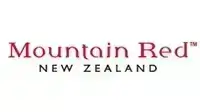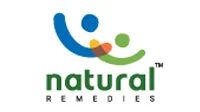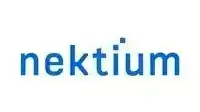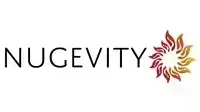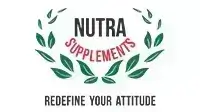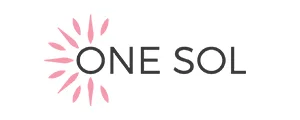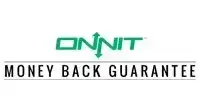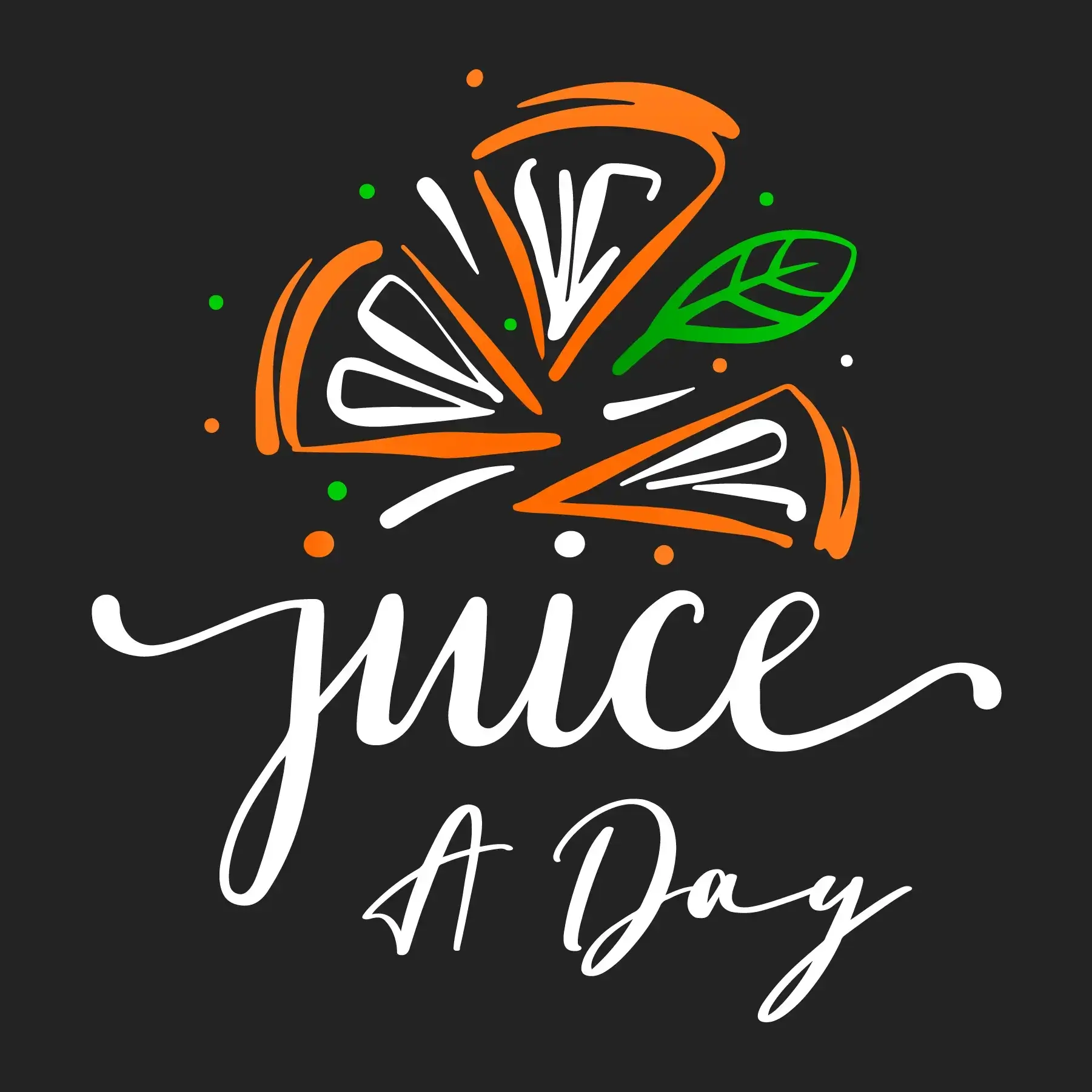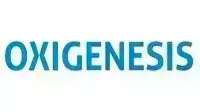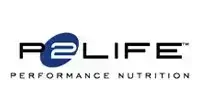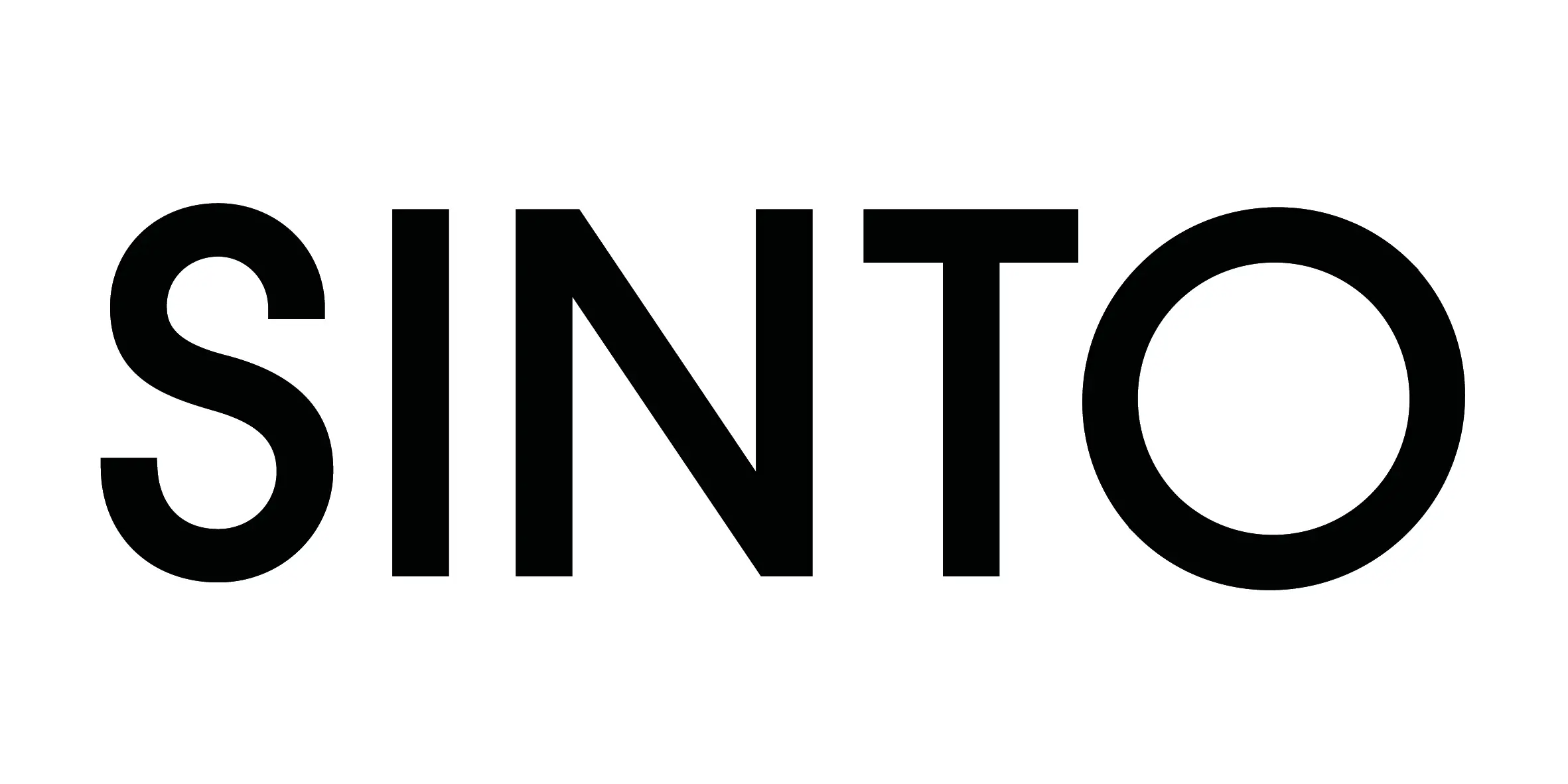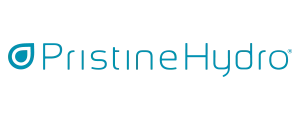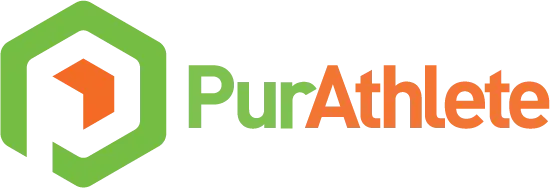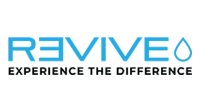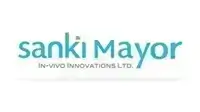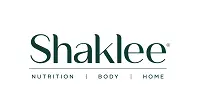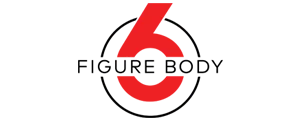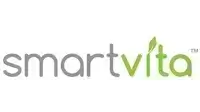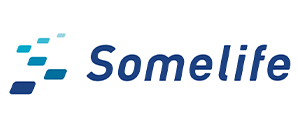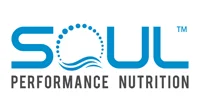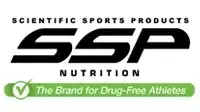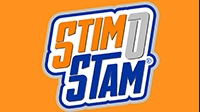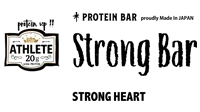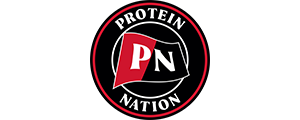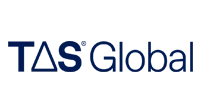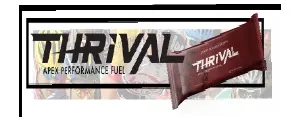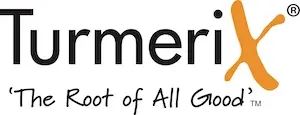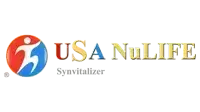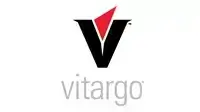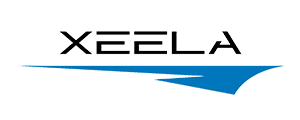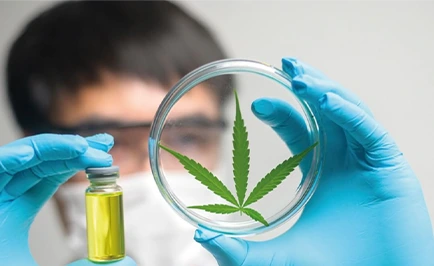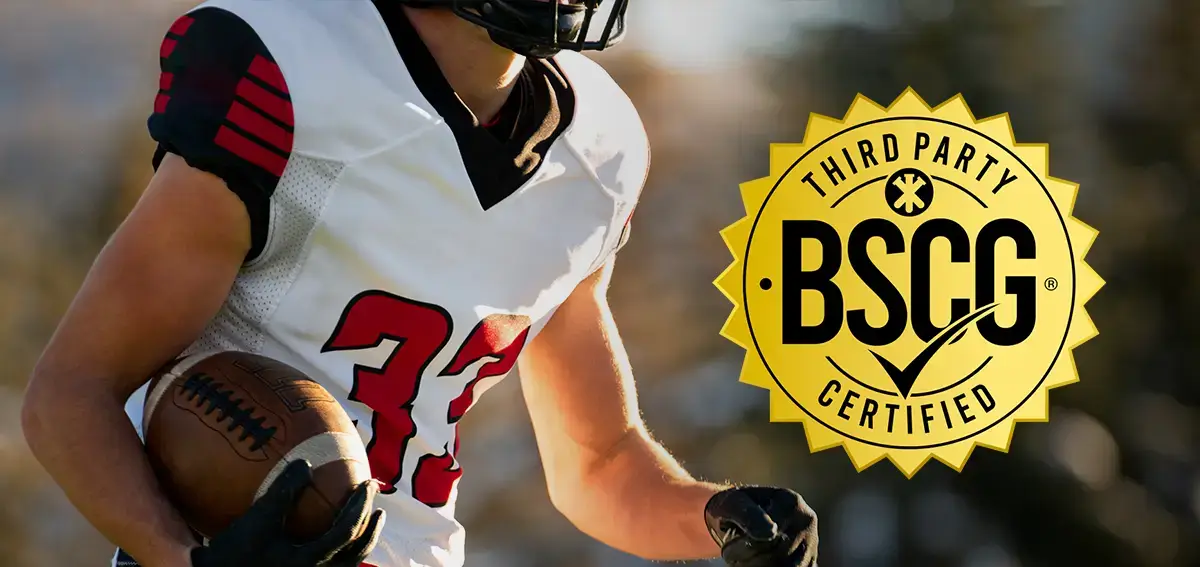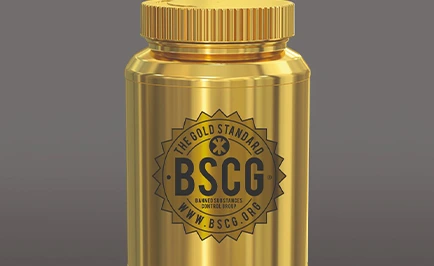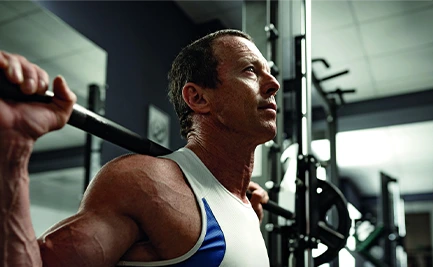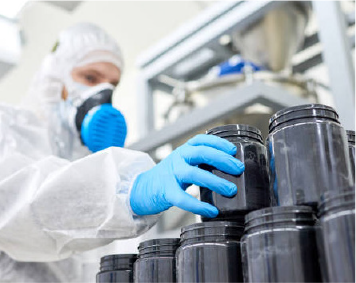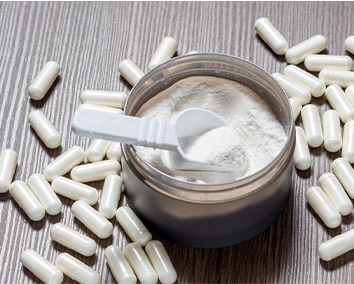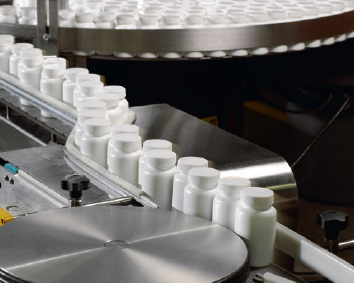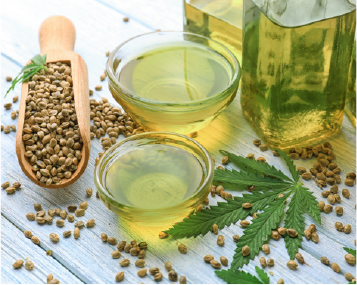Recovery Gummies Allegedly Lead to a Doping Violation
Jan 16, 2025
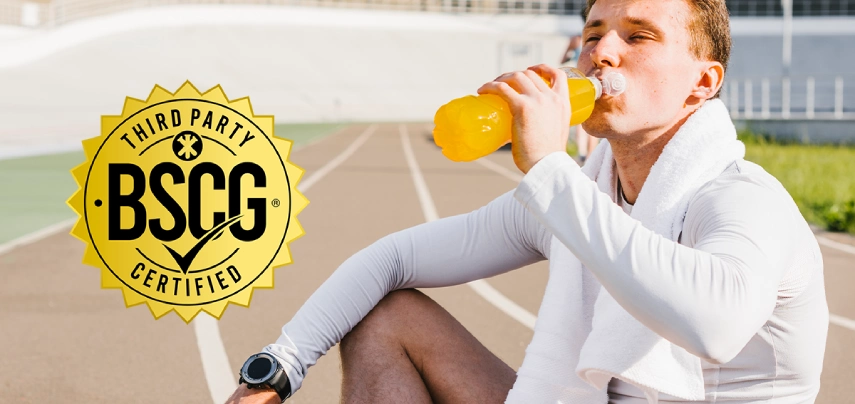
Recovery Gummies Allegedly Lead to a Doping Violation
One track star’s career has come to an abrupt halt allegedly due to a performance-enhancing drug hiding in a supplement from a company ubiquitous with sports nutrition. According to the facts alleged by the athlete in World Athletics anti-doping case managed by the Athletics Integrity Unit (AIU), all it took was a seemingly innocent recovery gummy with a dark secret to derail Issamade Asinga’s Olympic ambitions thanks to a doping violation. His journey from rising sprint star to an athlete now facing a four-year ban from competition shows the devastating impact contaminated supplements and inadvertent positive drug tests can have on athletes if the allegations are true. That will be tested again as Asinga, having lost his anti-doping case, is now suing the brand, which is a household name for athletes and consumers around the world.
A Rising Star
At just 19, the Surinamese sprinter broke the U20 world record with a blazing 9.89-second 100-meter dash, and he looked set for five-ring glory. His high hopes were dashed when a drug test revealed traces of GW1516, a banned substance that makes muscles use fat instead of carbohydrates for energy. The source? Asinga claims the substance was in the Gatorade Recovery Gummies he was given, which he believed were safe as they carried an NSF Certified for Sport® seal. Asinga, now facing a four-year ban, has lost his ability to compete and is facing the fight of his young life to try clear his name.
Banned Substances Can Show Up in Supplements at Any Time
Supplement contamination with banned substances or other pharmaceutical drugs can occur in any product or any individual lot at any time. Contamination can come from a variety of sources, including raw materials, manufacturing issues, water contamination (a known source of pharmaceuticals in the environment), and more. In many cases, it is unintentional. Third-party certification of dietary supplements or other consumer products for banned substances is available to brands as a quality control solution, and leading international programs like BSCG Certified Drug Free, Informed Sport, and NSF Certified for Sport offer protection for athletes, but only if the lot has been tested. BSCG and Informed Sport require every lot to be tested. NSF does not. If an athlete wants to maximize protection when considering supplements they should look for third-party certification program seals and always verify the lot they are going to use has been tested by checking the program databases.
Gatorade’s Gift of Allegedly Contaminated Gummies
In Asinga’s case, he took supplements given to him when he went to Los Angeles to be named Gatorade’s 2023 National Boys Track and Field Player of the Year. The gift bag he was given contained, among other things, the Gatorade Recovery Gummies stamped with the NSF Certified for Sport seal. Gatorade insists their products meet FDA standards and were not the cause of the doping violation, but Asinga’s team argues that misleading labeling and a contaminated package of gummies led to his ban.
The Finer Details
During the doping case, Asinga sent two open packages of Gatorade Recovery Gummies with the same lot number 22092117150234, to a WADA-accredited lab in Utah for testing. Both packages were reported to contain GW1516 and a metabolite GW1516 sulfoxide on both the inside and outside of the gummies. The first package contained 610-810 ng/gummy of GW1516, while the second contained much less at 0.65-1.5 ng/gummy. The substances were found in higher amounts on the exterior of the gummies than on the interior, a major factor in the case. Asinga’s legal team, the AIU, and the lab attempted to get a sealed container of the same lot from Gatorade. Still, none was apparently available despite retains being required according to good manufacturing practices (GMP) and the manufacturer being a GMP certified facility. Asinga was told by a Gatorade representative that the product had been ‘discontinued’ due to ‘manufacturing issues.’ The AIU was able to acquire a different sealed lot 22092117150213, and had that tested at a WADA-accredited lab in Lausanne, and no GW1516 was identified. Curiously, the two different numbered lots were determined to actually be from the same production lot in the course of the AIU investigation. The NSF Certified for Sport lot numbers listed for Gatorade Recovery Gummies were lot numbers 22092117150213 and 22121517150234, the lot Asinga took was not listed.
The Rulings
The disciplinary tribunal in the case concluded that Asinga did not adequately prove that the gummies were the source of the finding primarily because he did not produce findings from a sealed package that showed contamination with GW1516. The only testing done on sealed packages was done by NSF and Lausanne, and no GW1516 was found. Different timeframes of testing, variations in methodology, or the deterioration of the drug in the product over time could have been factors. Purposeful adulteration of the gummies by Asinga was evaluated, and the panel thought the presence on the exterior of the gummies could be explained by intentional adulteration, but they were not convinced that could explain the presence of the substances inside the gummies, which would be harder to intentionally adulterate after production. We would note that gummies can sweat or release moisture during the cooling process as they turn from sludge to gummy form, which could explain why there was more of the substances on the outside than on the inside. While the panel believed that there was enough of the substances present in one of the packages tested to cause a positive drug test, they were not convinced that there was enough in the second package to do so. At the end of the considerations, the panel found that Asinga did not adequately prove the gummies were responsible, and so there were no grounds to consider any sanction relief, and a full four-year period of ineligibility was imposed.
With this case now headed to a court of law, we will see what the legal system makes of this complex affair. Those who think sport drug testing cases are black and white decisions this is an example of how they are often various shades of grey. Asinga’s case also shows how difficult it can be to definitively prove an inadvertent positive claim and the amount of resources that go into investigating them, sometimes to no avail.
Third-Party Certification and Verifying Lot Numbers Are Essential for Athletes
Whether Asinga took the drug on purpose or by accident in a pack of contaminated gummies, we may never know. What remains is a David-Vs-Goliath PR nightmare for Gatorade and a long, hard legal path for Asinga. Regardless, this is certainly a cautionary tale for athletes. Surveys have shown that the majority of athletes choose to use supplements. Parents, coaches, and young athletes must be given reliable information and trusted products that deliver benefits while mitigating the risk of contamination. Third-party certification programs are a vital tool for finding supplements that have been screened for banned substances, but it is essential to verify that the lot in your hand has been tested. At BSCG, we hold ourselves to the highest standards and appreciate the enormous responsibility we have in providing banned substance tested products that athletes, military service members, and first responders can trust. BSCG’s Certified Drug Free programrequires every finished product lot to be tested for over 500 banned substances, more than any other provider in the industry. While third-party certification can’t provide a 100% guarantee, it significantly reduces the risks and is a resource any drug tested professional should look for when considering what supplements to put in their bodies.



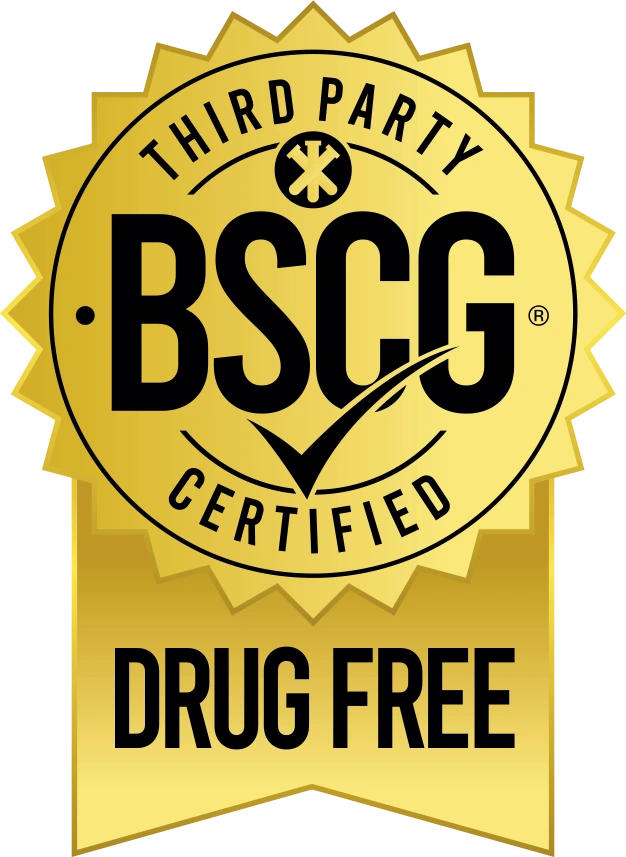
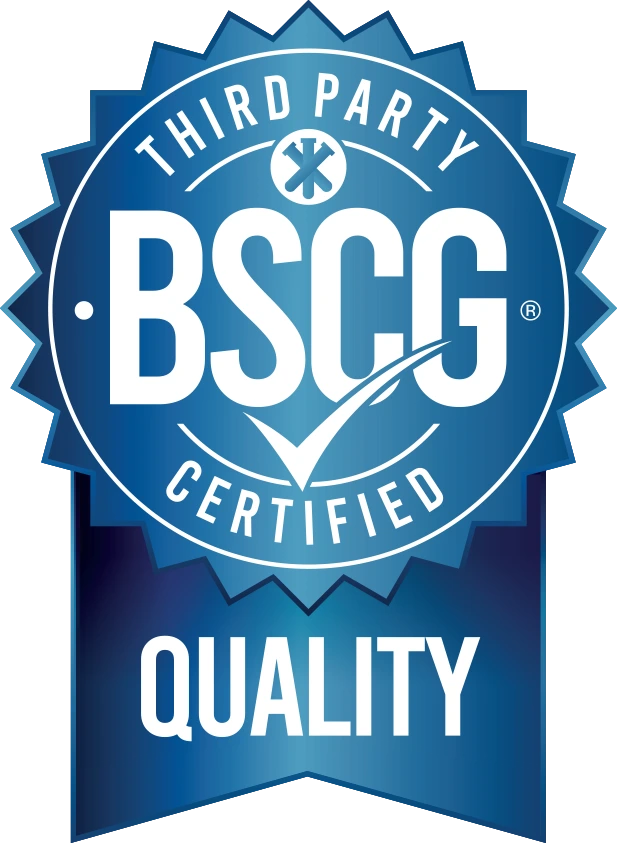
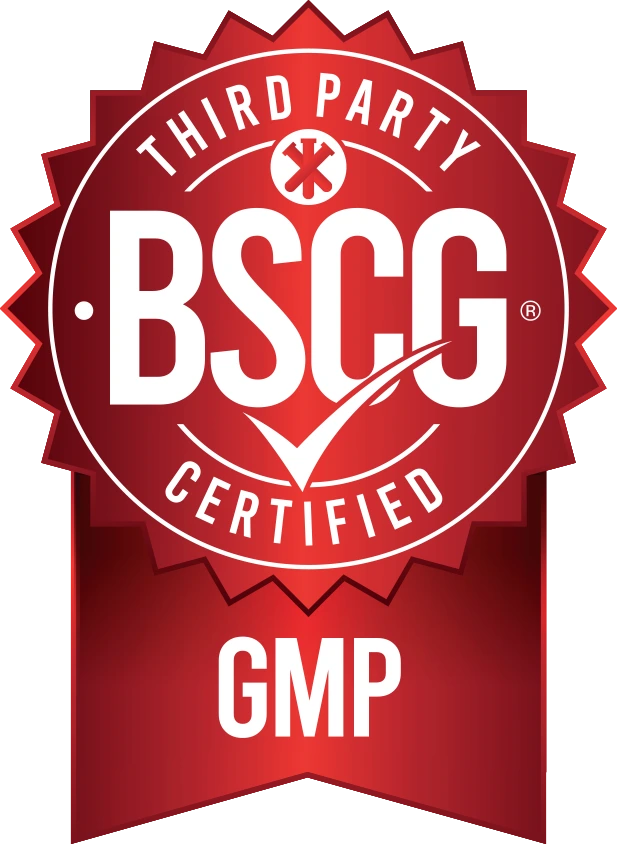
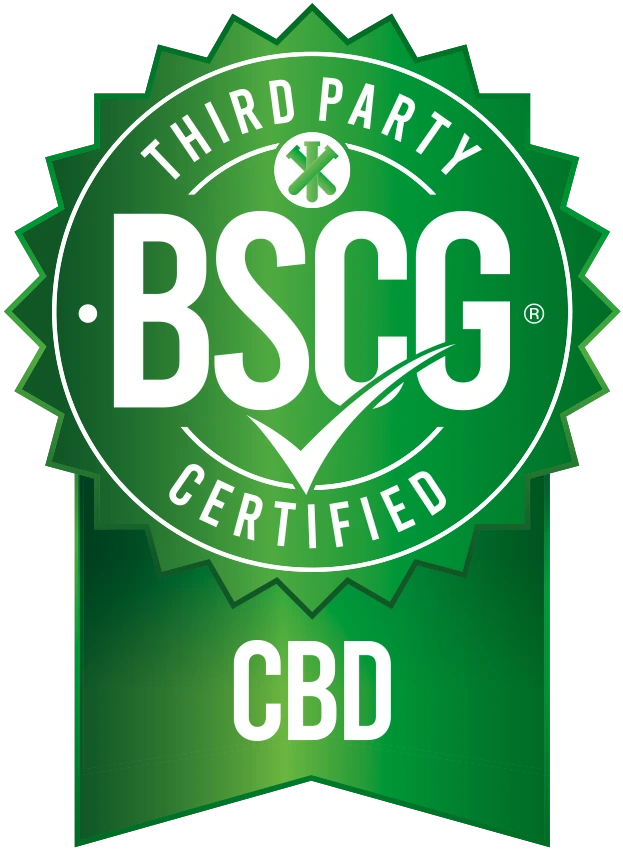

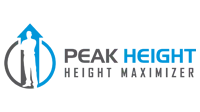
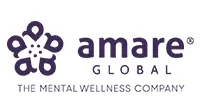
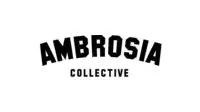
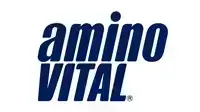
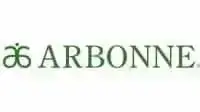
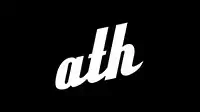
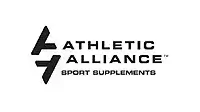
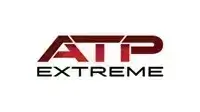
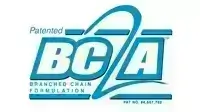
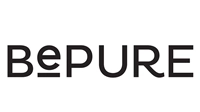
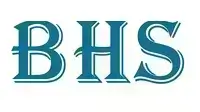
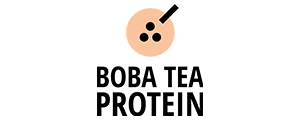
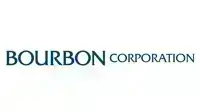
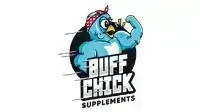
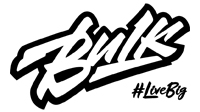
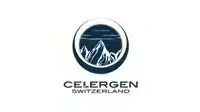
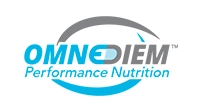
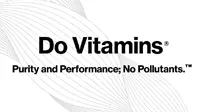
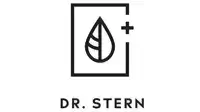
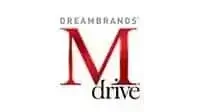
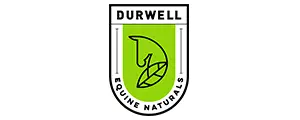




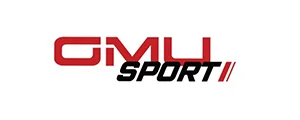
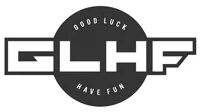
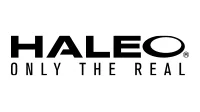

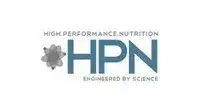
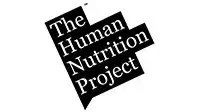
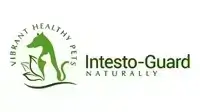
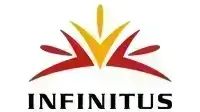
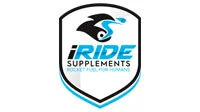
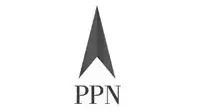
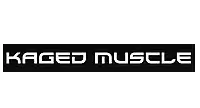
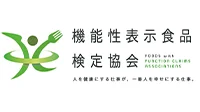
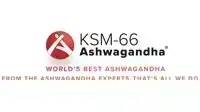
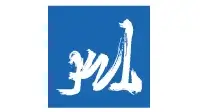
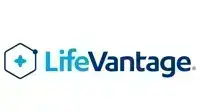
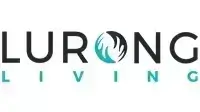
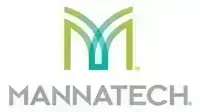
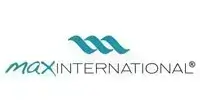
.webp)


